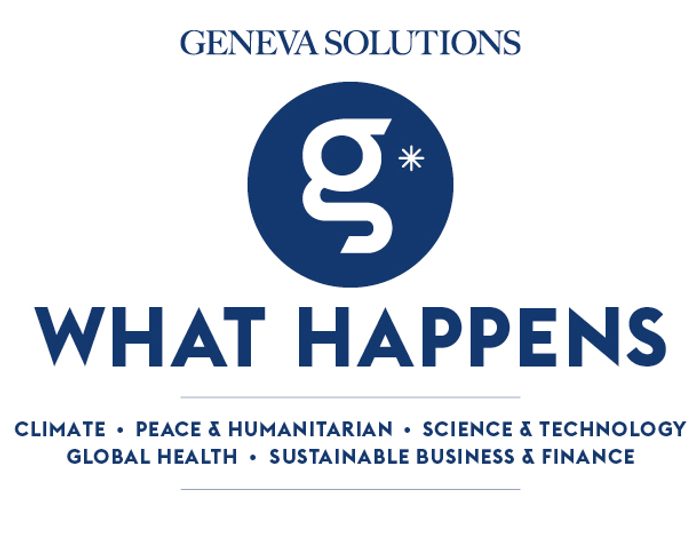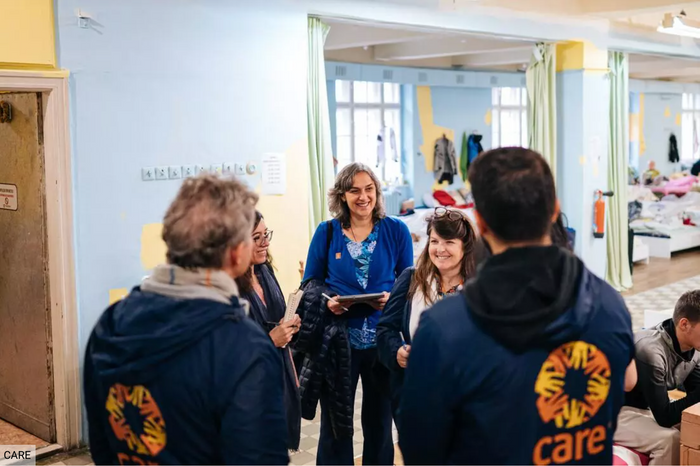|
Longtermism.
It’s the new buzz-word, a trending philosophy that makes it simple: despite the mess we have made of our planet, we can still save future generations (over the coming centuries), but only at the price of making heavy sacrifices in our lives today, as an in-depth article in the NewRepublic puts bluntly it. What this means exactly is also well described in an opinion article in the Singularity Hub.
But wait: simultaneously, the November/December edition of the MIT Technology Review (read below), entitled the “Mortality issue”, comes out. Through some fascinating articles, it asks whether there is a limit to human life, and if so, how could we prolong it.
If humans happen to live much, much longer, making longtermism a useless concept – those same humans would be part of this same long-term future that this philosophy is supposed to save –, would that be an additional and maybe even more acceptable reason to do everything possible to make the world a better place to live in, rather than a sacrifice?
Olivier Dessibourg, GESDA
|










